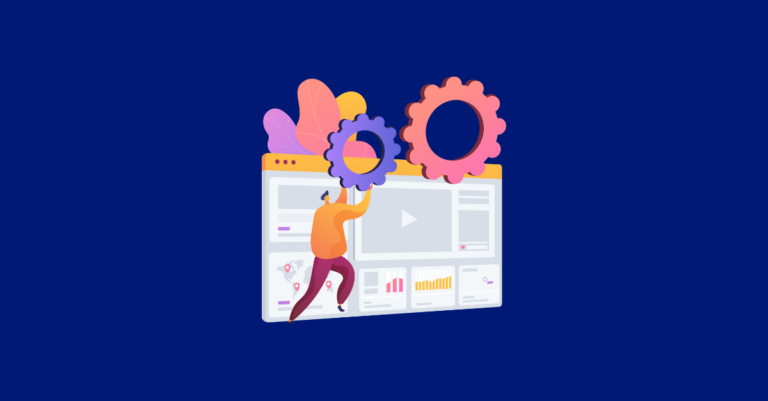The Truth About Multiple H1 Tags and SEO
H1 tags are synonymous with SEO. Once upon a time, a very young and unsophisticated (relatively speaking) Google relied on headers to determine the context of the preceding content. But how important are headers for SEO today? Should we still be obsessed with them for rankings?












